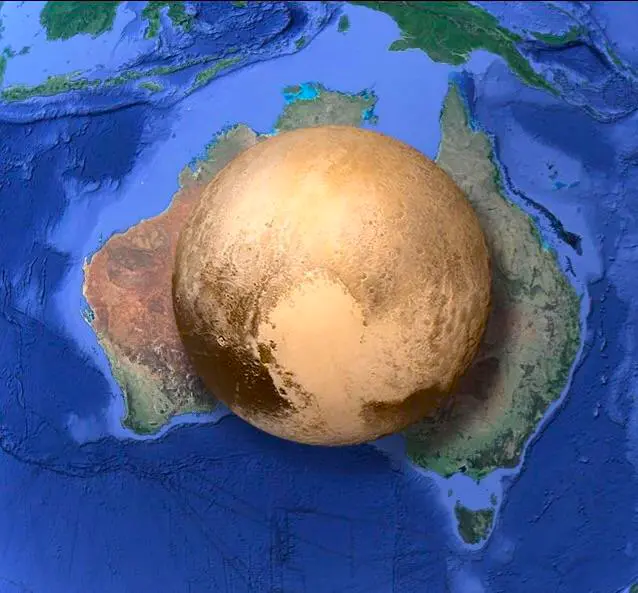this post was submitted on 12 Aug 2024
479 points (99.0% liked)
Astronomy
4053 readers
32 users here now
founded 2 years ago
MODERATORS
you are viewing a single comment's thread
view the rest of the comments
view the rest of the comments

Absolute size isn't really in the criteria for a planet though. Pluto isn't a planet because it shares its orbit with lots of other icy bodies in the Kuiper belt.
Exactly. That's also why Jupiter, which shares its orbit with thousands of asteroids, isn't a planet either.
Do you mean the Trojans? They're excluded from the mass calculation of 'clearing the neighbourhood' because they're in a resonant orbit - their orbit is a consequence of Jupiter's mass.
I don't know. I don't think we should make excuses for Jupiter just because of its size. Pluto's doing the best it can. Could any of us do any better, so far out from the sun?
Jupiter does throw its weight around a bit too much.
Thanks to your comments, I went looking at more about Jupiter's influence on us and read that most of the other planets are more in line with Jupiter's orbital plane than the Sun's equatorial plane (which sounds impressive, but maybe only makes complete sense since the planets would have all initially formed from the same disk). Anyway, thanks
That's really interesting!
I just discovered a theory about the cause of the 'late heavy bombardment', which is thought to have delivered water to earth via comets.
Essentially the gas giants all orbited much closer, but Jupiter and Saturn got into resonance and flung Uranus and Neptune way out (and Saturn too). Uranus and Neptune flew out into the path of a heap of ice, and their gravity pulled the ice into an orbit that collided with the terrestrial planets.
No kidding. The Sun - Jupiter barycentre is outside the Sun.
Jupiter was declared too big to fail.